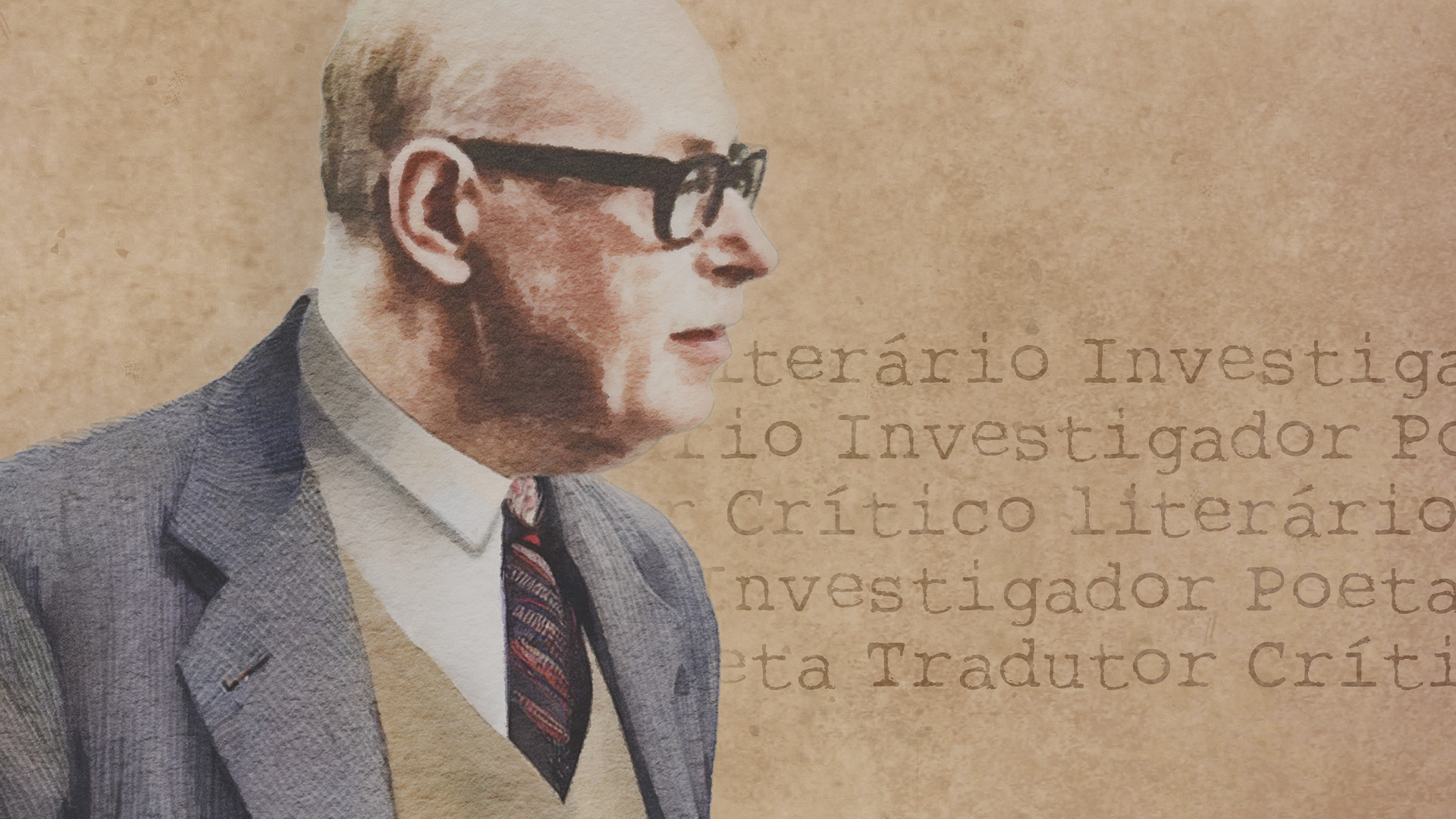Pedro da Silveira was an Azorean essayist, literary critic, researcher, journalist, translator, and poet, born in Fajã Grande, on Flores Island, on 5th September 1922.
Showing a particular acuteness and restlessness in his youth, after attending the Seminary of Angra do Heroísmo, he completed his high school studies in that city and in Ponta Delgada, where he started his literary work.
Professionally, he was a farmer, a clerk, a medical information delegate, and after 1951 he settled permanently in Lisbon and became a librarian in the National Library. In this period, he started an intense cultural activity as a storyteller and essayist, also focusing on research in cultural history, folklore, and Portuguese ethnography, particularly in the Azores archipelago.
Poetry was the area in which he most stood out, being marked by the strong tenor of realism of expression, inspired by poets such as Cesário Verde and Vitorino Nemésio, always showing the presence of “Azoreanity”. Among his works, “A Ilha e o Mundo” (1952); “Sinais de Oeste” (1962), “Corografia” (1985), “Poemas Ausentes” (1999), and the collection “Fui ao Mar Buscar Laranjas”, as well as the “Antologia de Poesia Açoriana do Século XVIII a 1975” (1977), are worthy of mention.
In his historical-literary research, there are studies dedicated to Portuguese literature, namely on Realism, Parnassianism, and Symbolism. He also left a vast and disperse collaboration in newspapers and magazines, namely “Seara Nova”, of which he was editor until 1974, where he stood out for his opposition to the fascist regime.
He was preparing the “Anthology of Azorean Short Stories” when he died, in Lisbon, on 13th April 2003, being recognised as one of the most illustrious people from Flores and an example, healthy and strong, of what it means to be an Azorean in the World.
Pedro da Silveira
